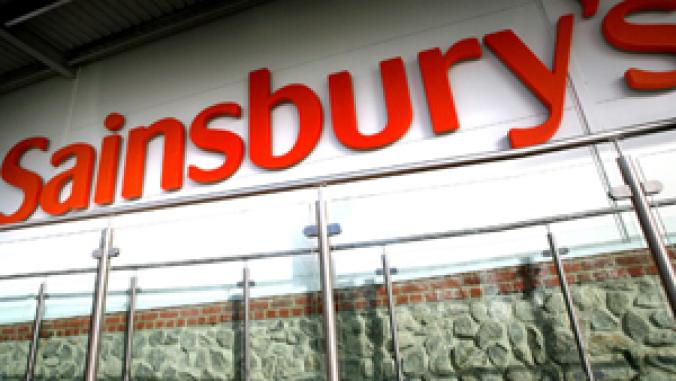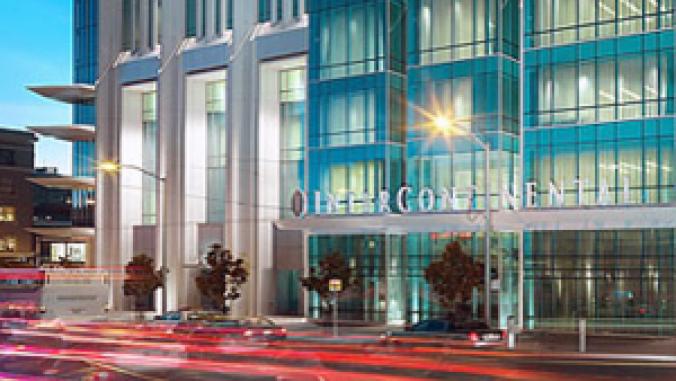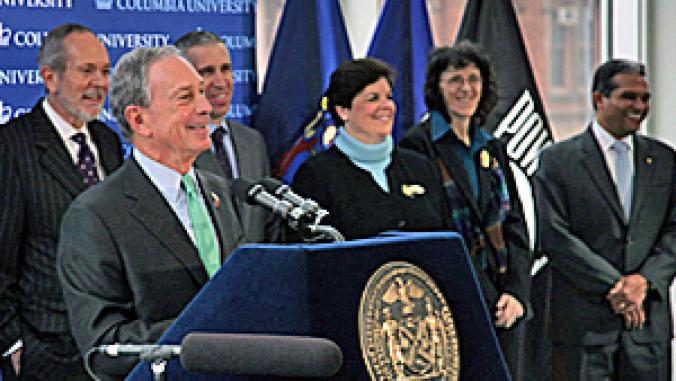The Golden Arches' Golden Rules for Energy Efficiency and Sustainability
McDonald's vice president for corporate responsibility went to the Virtual Energy Forum this week to offer up his company's take on energy management, green building and sustainability.

McDonald's vice president for corporate responsibility went to the Virtual Energy Forum this week to offer up his company's take on energy management, green building and sustainability.
The Virtual Energy Forum concludes today with its second day of online workshops and presentations, which are being archived and are available at VirtualEnergyForum.com. Access to the forum and its on-demand material is free. GreenBiz is one of the many sponsors of the forum.
Speaking about the importance of environmental responsibility and responding to questions about how to pursue goals despite troubled economic times, McDonald's Vice President for Corporate Responsibility Bob Langert told moderator Lou Canellis that it's a matter of sticking to principles.
"If a company truly holds a value, it's always going to be there," Langert said. "Ray Kroc, the founder of our company, said, 'Hey we're gonna have principles when we're poor, and we're gonna have principles when we're successful.' "
Langert's nearly hourlong conversation with Canellis focused on "Adding Business Value Through Energy Management and Sustainability."
Depending on one's point of view, energy can deemed be a sweet spot or a pressure point for McDonald's.
The company spends more than $1.5 billion a year around the world to power its restaurants. About 80 percent of an average restaurant's energy use is devoted to heating and cooling systems and running cooking appliances. Lighting is another significant draw.
According to Langert, his company views energy management as an opportunity.
"Energy is really our No. 1 issue," he said. "When you look at the dollars we spend, and the impact we have on the environment, and the progress we can make to do better, and use our size and influence to make a difference, it's energy."
To that end, Langert said, the company is addressing energy management on a number of fronts:
o - It's running a pilot project with a handful of recently built green restaurants. The one completed in Chicago in August has a green roof, a permeable parking lot, a 20,000-gallon underground cistern to capture runoff water, LED lighting outside and a daylight harvesting system inside. Elsewhere green stores are planned for Brazil, France, Canada and Germany.
o - Internally, it provides employee education and operates a popular Energy All-Star recognition program that showcases innovations, best practices and outstanding efforts on the part of workers;
o - Externally, the company requires its suppliers to join McDonald's in working to improve any aspect of their business operation that affects the environment. The company does not mandate goals, but does require suppliers to provide annual measurements to McDonald's in four environmental areas: energy use, water consumption, waste and recycling, and air pollution.
"Our philosophy is not to pressure our suppliers, or to prescribe or or to mandate," Langert said. "We have a very collaborative relationbship. For us, advancing the environment is good business, we want our suppliers to share those values so we incorporate the environment as part of doing business with McDonald's."




